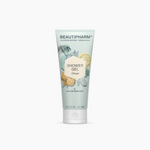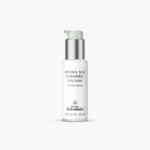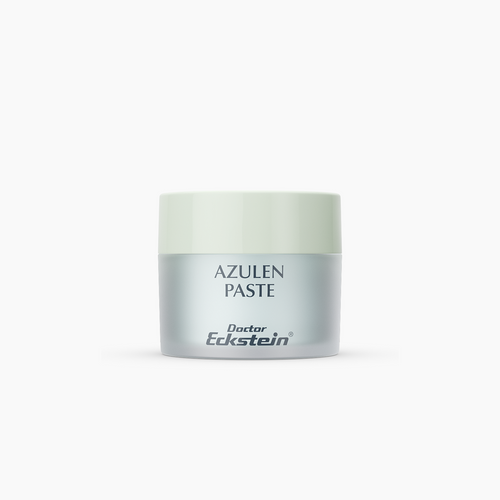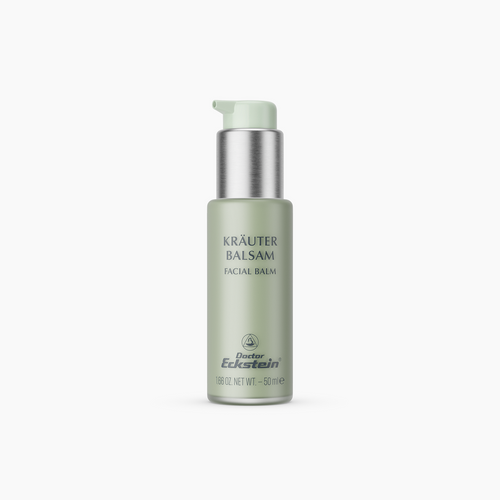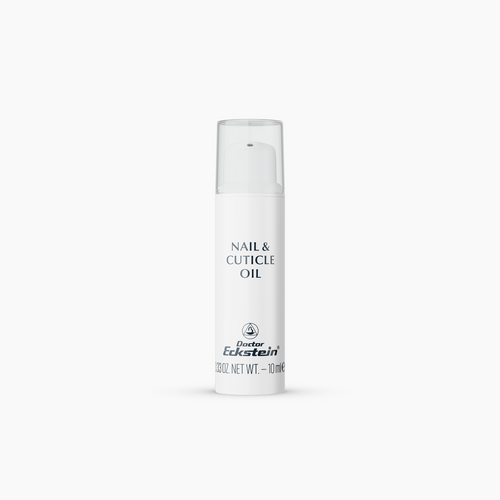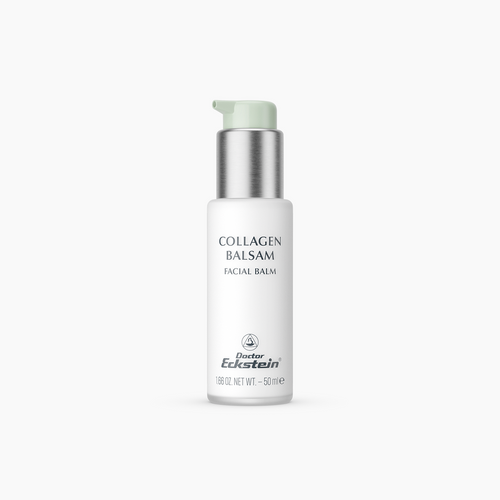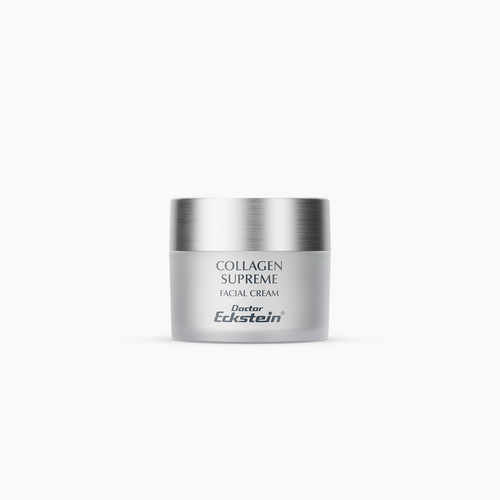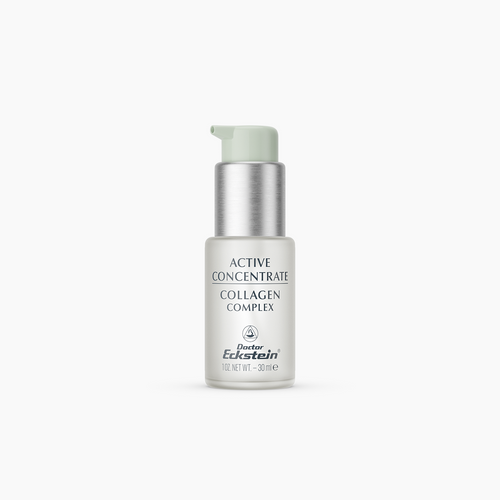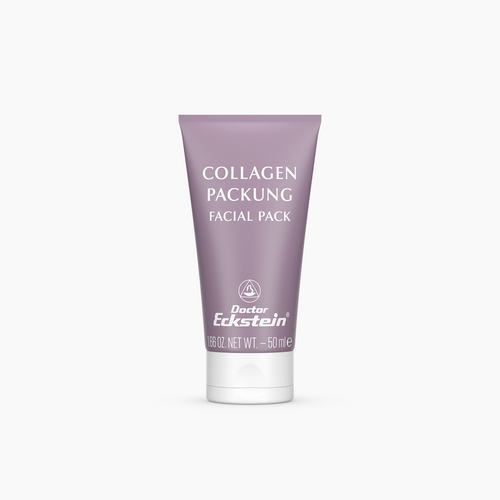When it comes to maintaining youthful, firm skin, collagen often takes center stage. This protein, which makes up a large portion of our skin, is responsible for providing structure, elasticity, and resilience.
However, as we age, collagen production naturally slows down, leading to visible signs of aging, such as wrinkles and sagging skin. This is why many people turn to skincare products and supplements to help maintain their youthful appearance.
But what exactly is collagen, and how does it work? In this article, we'll delve into the science behind collagen and how we can support it for healthy and radiant skin.
What is Collagen?
Collagen is a vital protein found in the skin, bones, muscles, and connective tissues. It makes up about 70-80% of the dry weight of the skin, providing it with strength, structure, and elasticity. Collagen is composed of long chains of amino acids that form a triple-helix structure, which gives it its unique strength and durability.
There are 28 different types of collagen proteins in the body, with Type I collagen being the most abundant in the skin. This type plays a crucial role in maintaining skin elasticity and supporting its overall structure. Additionally, collagen applied topically helps keep the skin hydrated by attracting and retaining moisture. This process helps the skin appear firmer and more plump.
The Science Behind Collagen Production
Collagen production in the body is a complex process involving various cells and proteins. Here's a simplified breakdown of how it works:
- Fibroblasts, a type of skin cell, receive signals from the body to naturally produce collagen.
- The fibroblasts then convert amino acids, such as glycine and proline, into procollagen.
- Procollagen is then modified by enzymes and other proteins to form tropocollagen.
- Multiple tropocollagen molecules come together to form fibrils, which make up collagen fibers.
- These fibers provide structure and support to the skin, giving it firmness and elasticity.
This process of collagen production is constantly happening in the body, but as we age, our bodies naturally produce less collagen. This can lead to a decrease in skin elasticity and the appearance of wrinkles and fine lines.
Key Factors that Affect Collagen Levels
Collagen production naturally declines with age, leading to visible signs of skin aging. However, other factors can also impact collagen levels, including:
-
UV exposure
Excessive exposure to UV radiation from the sun and tanning beds can break down collagen fibers, leading to premature skin aging. This is a part of process known as photoaging, which can result in uneven pigmentation, wrinkles, and a loss of elasticity.
-
Lifestyle Habits
Unhealthy lifestyle habits such as smoking and excessive alcohol consumption can also decrease collagen levels. Smoking specifically has been linked to increased levels of enzymes that break down collagen, leading to accelerated skin aging. On the other hand, maintaining a healthy diet, taking Vitamin C and other antioxidants, and staying hydrated can help support collagen levels.
-
Genetics
Genetics play a role in determining how much collagen our bodies produce naturally. Some people are genetically predisposed to produce less collagen, making them more prone to premature signs of skin aging. Fortunately, there are ways to support skin health and collagen production, regardless of genetic makeup.
Tips for Promoting Collagen Levels
While aging and genetics play a role in collagen production, our daily habits and skincare routines can also influence it. Here are some tips for promoting healthy collagen levels:
-
Diet and Supplements
Eating a balanced diet rich in vitamins and minerals can help support collagen production in the body. Foods high in vitamin C, such as citrus fruits and leafy greens, are especially beneficial as they can aid in the formation of collagen fibers. Additionally, taking supplements like collagen peptides or hyaluronic acid can potentially also provide a boost to collagen levels.
-
Sun Protection
As mentioned, UV rays from the sun can damage collagen fibers and lead to premature aging. It is essential to protect your skin from the sun by using sunscreen with SPF 15 or higher daily, wearing protective clothing, and seeking shade during peak hours of sunlight. This will help preserve existing collagen and prevent further damage.
-
Skincare Products
Using skincare products with ingredients such as retinoids, antioxidants, and peptides can also help support collagen in the skin. Retinoids work by increasing cell turnover and can help stimulate collagen synthesis, while antioxidants help protect existing collagen from damage. Peptides are amino acids that can signal the body to produce more collagen. Topically applied collagen, as found in skincare, works by trapping moisture in the skin, improving the appearance of fine lines and wrinkles.
Some FAQs:
Why is Collagen Important for Skin Firmness?
Collagen is the main structural protein in our skin, responsible for its firmness and elasticity. As we age, collagen production decreases, leading to sagging and wrinkles. By maintaining healthy collagen levels, we can help keep our skin looking youthful and firm.
How Does Collagen Help with Wrinkles and Sagging Skin?
Collagen provides support and structure to the skin, keeping it plump and smooth. When collagen levels decline, wrinkles and sagging can occur. By supporting the skin's natural collagen levels through a proper skincare routine and diet, we can help reduce the appearance of these signs of aging.
What Age Should You Start Using Collagen for Skin?
It is never too early or too late to start taking care of your skin and supporting collagen levels. In our mid to late twenties, collagen production starts to decline. So, incorporating collagen-boosting measures into your skincare and lifestyle routine can be beneficial at any age.
Can Collagen Help Tighten Skin?
While collagen cannot physically tighten the skin, it can help improve skin elasticity and firmness, possibly reducing the appearance of sagging. Additionally, by supporting the body's natural collagen levels, we can potentially help slow down the visible aging process and maintain a more youthful look.
What Does Collagen Do for the Body?
Aside from its benefits to the skin, collagen also plays a crucial role in overall body health. It helps maintain healthy bones, joints, and muscles and can aid in digestion and gut health. Collagen supplements have become popular for their potential benefits to various parts of the body.
Recommended Doctor Eckstein Collagen Skincare Products
Looking for specific skincare products with collagen? We offer a range of products specifically designed to help the skin appear more plump and smooth. These include:
-
Collagen Balm Day Cream
The Collagen Balm Day Cream is a nourishing and hydrating moisturizer that contains a high concentration of marine collagen. This natural form of collagen acts as a humectant, which helps the skin appear more elastic and firm.
-
Collagen Supreme Night Cream
The Collagen Supreme Night Cream is a rich and luxurious cream that works overnight to support the skin. It contains a potent blend of peptides, marine collagen, and vitamin E to nourish and replenish the skin while you sleep.
-
Active Concentrate Collagen Complex
The Active Concentrate Collagen Complex is a concentrated serum that delivers intense hydration. This product is perfect for demanding skin types, as it helps reduce the appearance of fine lines and wrinkles while improving skin elasticity.
Check out the full range of Doctor Eckstein Collagen Skincare products for more options to incorporate into your daily skincare routine.
